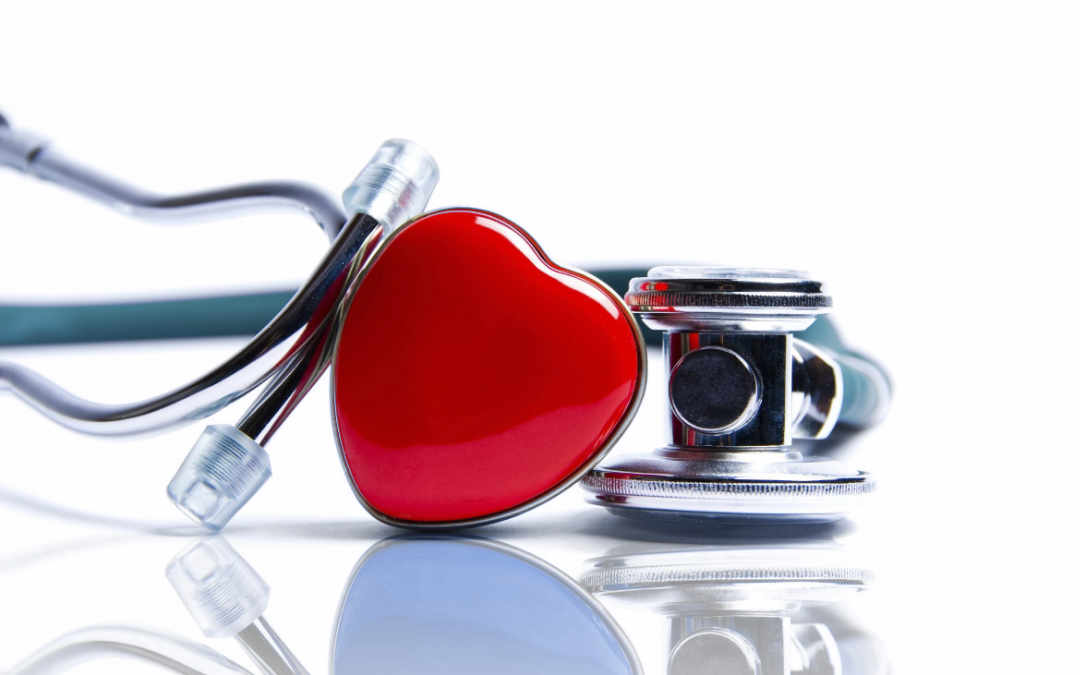Hidden Signs of a Heart Attack You Shouldn’t Ignore
Could your body be signaling a potential heart issue? Some individuals report experiencing subtle physical changes days or even weeks before a cardiac event. Recognizing early signs—such as persistent fatigue, mild chest pressure, or unusual shortness of breath—can support timely medical attention. In this article, we explore these signals and why paying attention to them could help support your heart health.

What Are the Most Common Early Warning Signs of Heart Problems?
Heart attacks don’t always announce themselves with dramatic chest-clutching scenes from movies. Sometimes, the warning signs are subtle and easily dismissed. Chest discomfort is the most recognized symptom, but it can manifest differently for everyone. Some people experience a squeezing sensation, while others describe a dull ache or pressure. Women, in particular, might notice less typical symptoms like jaw pain, neck discomfort, or extreme fatigue.
How Does Your Body Signal Serious Heart Risk?
Physical changes can be your body’s early warning system. Unexplained sweating, especially when accompanied by cold and clammy skin, could indicate cardiovascular stress. Shortness of breath during mild activities or while resting might suggest reduced heart function. Some individuals experience lightheadedness or unexpected weakness, which can be critical indicators of potential heart problems.
What Physical Changes Should Never Be Ignored?
Persistent symptoms that warrant immediate attention include:
-
Recurring chest pain or pressure
-
Unexplained arm or shoulder pain
-
Sudden extreme fatigue
-
Irregular heartbeats
-
Swelling in legs or ankles
-
Consistent shortness of breath
These symptoms might seem minor, but they could signal significant underlying heart issues that require professional medical evaluation.
When Should You Seek Immediate Medical Help?
If you experience multiple warning signs simultaneously, don’t hesitate. Classic emergency symptoms include:
-
Chest pain lasting more than a few minutes
-
Pain radiating to arm, neck, or jaw
-
Severe shortness of breath
-
Sudden extreme weakness
-
Loss of consciousness
Emergency medical intervention within the first hour can significantly improve survival rates and minimize heart damage.
What Risk Factors Increase Your Chances of Heart Problems?
Several lifestyle and genetic factors contribute to heart disease risk:
-
Age (risk increases after 45 for men, 55 for women)
-
Family history of heart disease
-
High blood pressure
-
High cholesterol
-
Smoking
-
Obesity
-
Sedentary lifestyle
-
Diabetes
Understanding these risk factors can help individuals make proactive health choices and schedule regular medical check-ups.
Understanding Heart Health Screenings
| Screening Type | Recommended Age | Typical Cost | Purpose |
|---|---|---|---|
| Basic Cholesterol Test | 20+ | $50-$100 | Assess cardiovascular risk |
| Comprehensive Heart Scan | 40+ | $200-$500 | Detailed heart health assessment |
| Stress Test | 45+ | $200-$400 | Evaluate heart function during physical activity |
Prices, rates, or cost estimates mentioned in this article are based on the latest available information but may change over time. Independent research is advised before making financial decisions.
This article is for informational purposes only and should not be considered medical advice. Please consult a qualified healthcare professional for personalized guidance and treatment.




